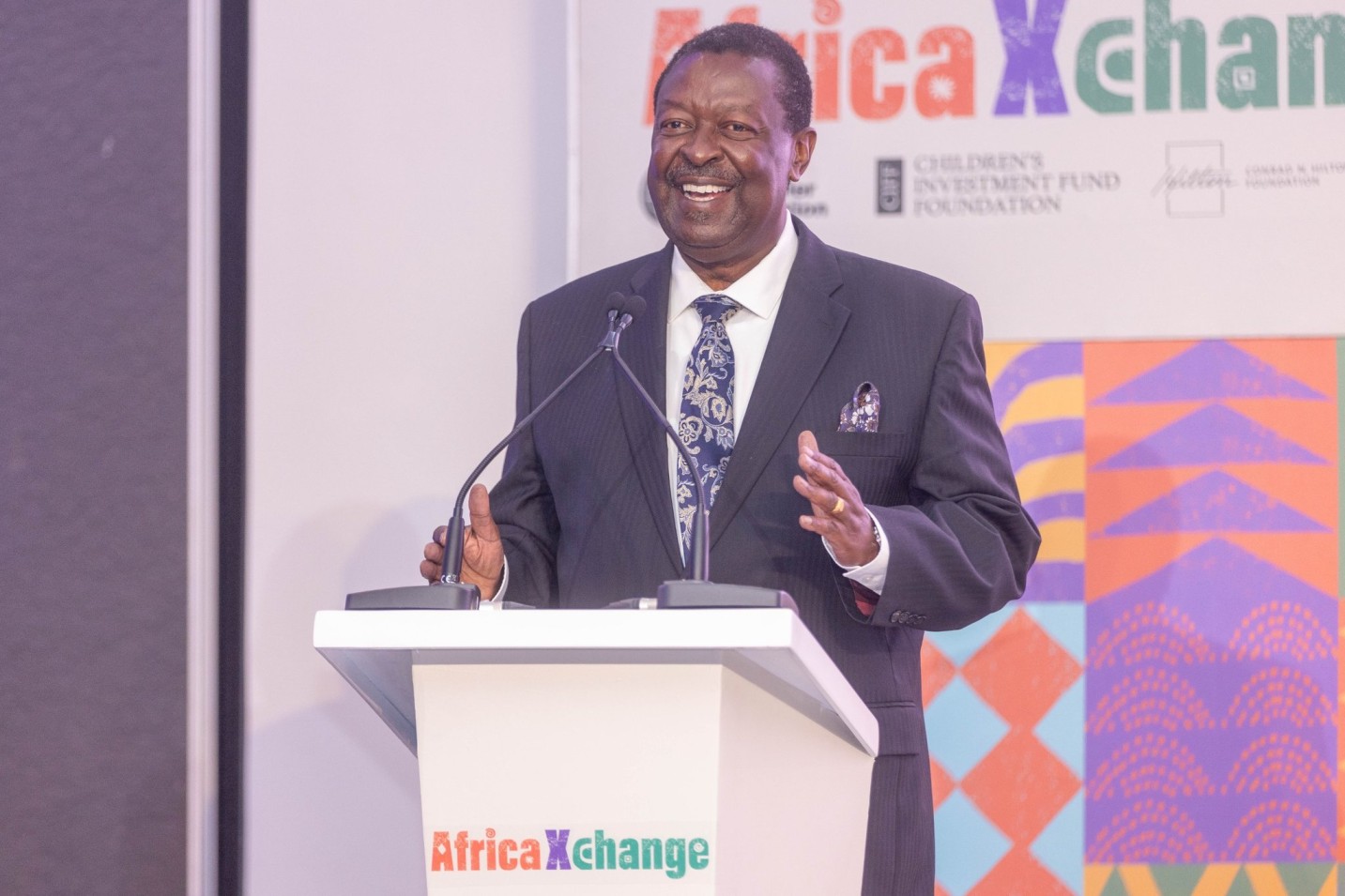Prepare for decades of disruptions after Trump tariffs, warns Mudavadi

Prime Cabinet Secretary Musalia Mudavadi has acknowledged that Kenya will face a prolonged recovery period due to the effects of policy changes introduced by former US President Donald Trump's administration.
The most recent one, the imposition of a 10% reciprocal tariff by Trump last Wednesday, caused immediate panic.
While speaking at the Inaugural Africa Exchange Meeting in Nairobi on Monday, April 7, Mudavadi emphasized that the Kenyan government must act swiftly to mitigate the challenges faced by sectors affected by these US policies.
"For too long, donor-driven support models have fostered dependency rather than empowering communities to thrive independently. It's time to shift our focus to helping beneficiaries build sustainable futures," he said.
The Cabinet Secretary for Foreign Affairs further stated that both Kenyans and Africans, in general, should prepare for a lengthy period of adaptation.
He noted that reversing the consequences of recent US policy changes, such as the reduction in funding from the United States Agency for International Development (USAID), could take several years.
"On what is happening in the US today, we must brace ourselves for a long ride. The measures that the administration in the US is putting in place will become very difficult to undo. Once they are done, it will take a very long time to undo," Mudavadi stated.
'It will take a couple of decades or more for some of those policy decisions to reverse. So, we need to start preparing ourselves in the context of these developments.''
Mudavadi has called on the government to start considering how to sustainably fund essential sectors that have traditionally relied on grants and aid from the United States.
He stressed the importance of focusing on key areas such as health and education, which are expected to experience significant impacts due to shifts in US policy.
"Philanthropy should now prioritize long-term solutions, like building schools, funding innovation, supporting entrepreneurs, and creating ecosystems that enable Africa to flourish from within," he remarked.
"By working together, philanthropic and development organizations can unlock opportunities for Africans to create, innovate, and lead in the digital age."
His comments come after a major setback in Kenya-US trade relations, following President Trump's executive order last Wednesday, which imposed a 10 percent reciprocal tariff on all Kenyan exports to the US.
This new tariff jeopardizes Kenya's Sh109.7 billion trade with the US, impacting key industries such as textiles, tea, and coffee—sectors that were previously safeguarded under the African Growth and Opportunity Act (AGOA).
The policy change is expected to lead to a decline in exports, potential job losses, and reduced revenue for local businesses that rely heavily on access to the US market.
